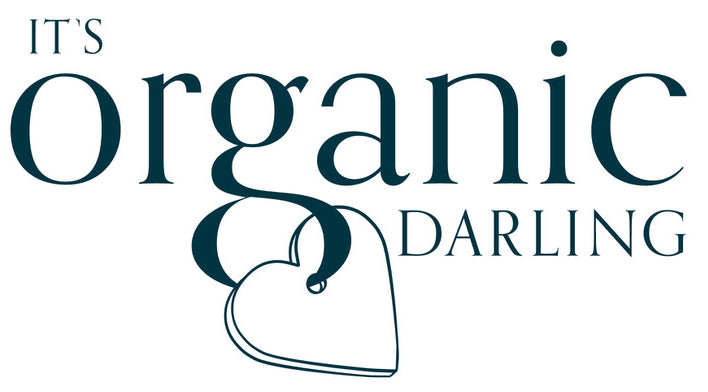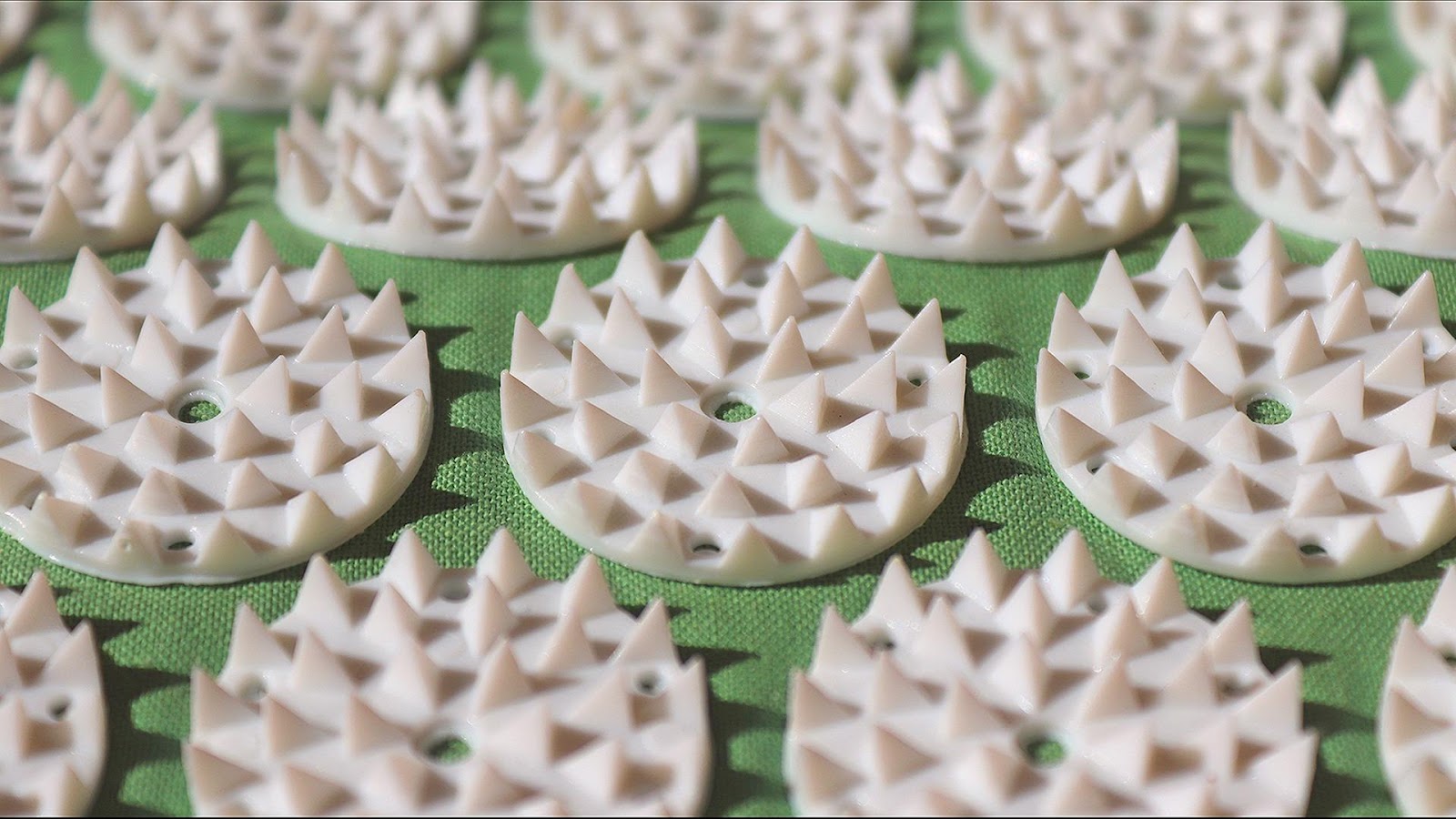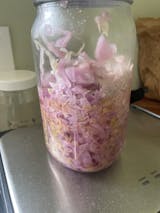When we want the best for ourselves, our family and the environment we know to choose organic. Often we find the word ‘natural’ listed alongside ‘organic’ on the products we pick.
The terms ‘natural’ and ‘organic’ may be used interchangeably but they’re actually quite different. Knowing the difference can help us make the right choice for us and our family.
What does organic mean?
The label ‘Organic’ means a product or ingredient is grown or made without using artificial chemicals.
‘Certified organic’ means that the product has been tested by a regulated body (like BioGrow or Assure Quality), and no man-made chemicals or genetic modifications have been used in the whole process of creating the product. More than that, certified organic products have to be fully traceable so all steps of the process are ensured to be organic.
What does natural mean?
On the other hand, being labelled natural means that the product contains no added artificial or synthetic ingredients.
What’s the real difference between natural and organic?
After all, those descriptions sound very similar.
And you’re right. One of the differences is that natural products may contain GMO (Genetically Modified products), but organic products don’t. Certified organic products are ALWAYS going to be free from artificial chemicals and GMO, but natural products may not be.
If you think of the labels on products having a hierarchy, Certified Organic definitely sits at the top. It ticks all the right boxes for health, transparency and environmental care. And organic products and ingredients are often of higher quality.
Products that contain organic ingredients are the next best. The whole product may not be organic, and therefore unable to be certified organic.
Natural products are definitely a step in the right direction. Although they may not be guaranteed to have any chemical residue, they certainly reduce the number and quantity of chemicals and toxins we’re exposed to each day.
Whether a product is labelled organic or natural, we know these products tend to reduce the impact on the environment around us. So choosing organic and natural products means we’re not just doing our health a favour, but we’re helping to take care of the world we live in.






